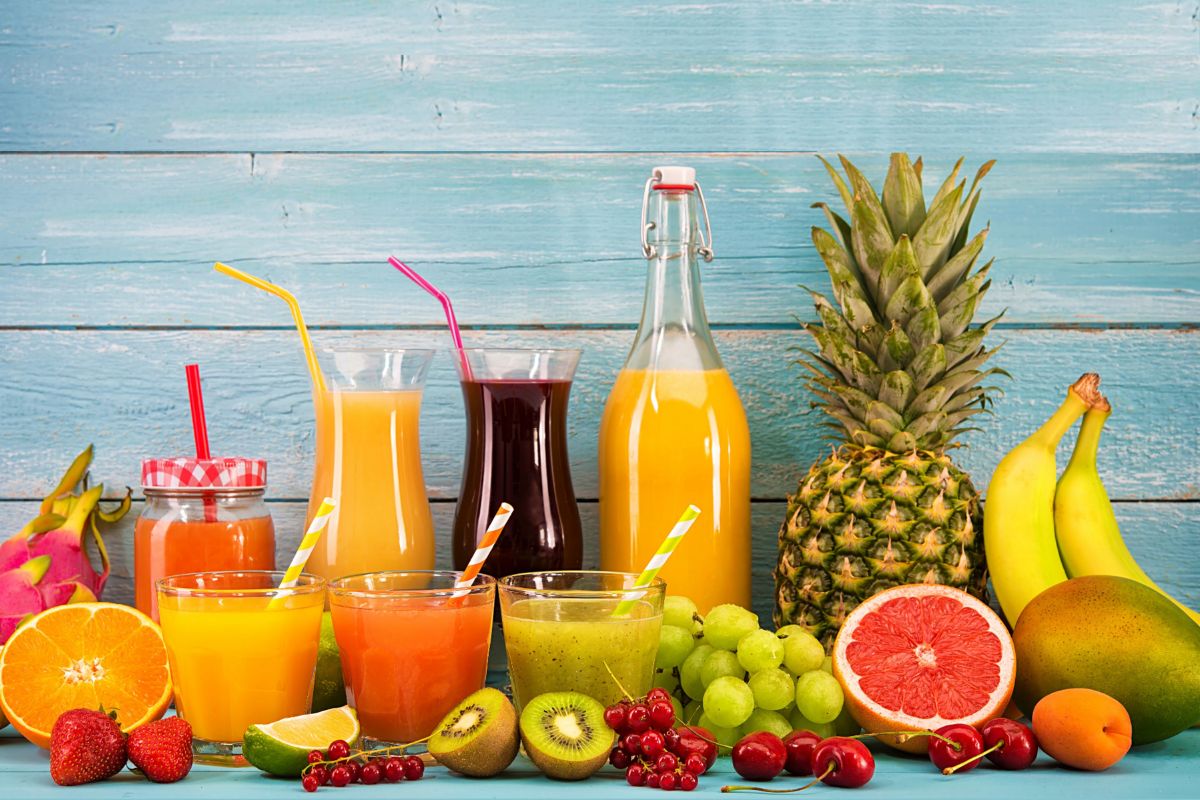Quitting drinking can be a daunting milestone, but one that comes with lots of benefits. Cutting out alcohol from your life can improve your physical and mental health, along with saving you a ton of money in the process.

But stopping drinking can be hard, especially if you’re a heavy drinker, and it can be difficult to know where to even start.
So to make it easier, we’ve gathered some handy tips and tricks to help you stop drinking alcohol.
So read on, and find out 10 of the best tips to help you on your journey to quitting alcohol!
10 Tips To Stop Drinking Alcohol
1) Examine Your Relationship With Alcohol
First of all, it’s important to look at your current relationship with alcohol (see also ‘Alcohol And Behavior: How Does Alcohol Affect Your Personality?‘). Understanding why, when, and how much you drink will help you figure out the best way for you to quit it.
Think about the amount you drink on a day-to-day basis, and what might be prompting you to drink. If you can figure out your triggers (the factors that cause you to drink) then you’ll be able to work on avoiding them.
It will also help you figure out alternatives to drinking – for example, if you usually have a couple of drinks with friends after work, you could try going somewhere that doesn’t serve alcohol instead.
2) Cut Out Alcohol Gradually
While quitting alcohol is overall better for your health, cutting it out too quickly can lead to alcohol withdrawal. This can be unpleasant to deal with and makes it much easier to fall back into drinking as a result.
You can reduce or even completely avoid the symptoms of alcohol withdrawal by gradually cutting down on alcohol as you work towards quitting entirely.
Make a plan to cut down and set yourself goals to achieve; this works far better than simply going cold turkey.
3) Let Your Loved Ones Know You’re Quitting
Don’t think you have to go it alone – a good support system is one of the best tools at your disposal. Telling the people close to you, such as family and friends, that you’re trying to stop drinking means that they can offer you their support.
This can also help to remove the peer pressure around drinking; it can be hard to resist temptation if a friend offers you a drink or if there’s alcohol at home, but if the people close to you know that you’re quitting then they can give you a better environment to quit.
4) Keep Reminding Yourself Why You’re Quitting Alcohol
It can be handy to keep a reminder of why you’re stopping drinking with you as a way to keep you motivated towards your goal.
For example, writing down a note such as “I want to stop drinking to improve my health” and keeping that note in your wallet is a great way to reduce temptation and keep you focused on quitting.
5) Change Your Environment
Environment plays a big part in our health and behavior, and the same rings true when it comes to drinking habits.
It can be hard trying to quit alcohol if you aren’t in the right environment to do so – this doesn’t mean you have to completely move your life around, however, and a few changes can make a lot of difference.
For instance, you can remove temptation by getting rid of all the alcohol in your house; alternatively, if you live with people who drink you can ask them to store their alcohol out of sight where you won’t be tempted.

6) Find A Replacement Drink
It can be hard to leave your favorite drink behind, and this can turn into a “just one more” cycle. A great way to forget your old favorite drink is to find a new alcohol-free one to enjoy after a long day at work or when out with your friends.
Many places offer alcohol-free mocktails, or you could try mixing your favorite juice with sparkling water. There are plenty of options out there that are just as tasty (or even more so!) than alcoholic drinks.
7) Keep A Journal To Track Your Progress
One of the best ways to manage and track your journey to quitting alcohol is to keep a journal.
This will let you keep a record of how much you’re drinking, as well as the context around it, to help you see how much you’re progressing and understand the situations in which you’re still drinking.
This could either be a physical journal, or you can find a range of journal apps that are designed for keeping records like these.
8) Find A Coping Mechanism
Despite all of these other tips, chances are you’ll still face temptation and urges from time to time. Finding a good coping mechanism will make sure you can stay on top of cravings and distract yourself from alcohol.
Hobbies, mindfulness exercises, and many other strategies can be a great help when trying to steer clear of alcohol.
9) Prepare For Alcohol Withdrawal
No matter how gradually you ease into quitting, there’s still a chance that you’ll have to deal with withdrawal symptoms when you first start cutting alcohol out.
This can be tough to handle if you aren’t prepared, and symptoms include headaches, insomnia, sweating, and even depression.
This can be much easier to deal with if you have a good support network and you’re prepared to deal with these symptoms, so get ready to take on withdrawl symptoms before they even have the chance to show up.
10) Reach Out For More Support If You Need It
Quitting alcohol is a big step to take, but it’s important to know that you aren’t alone on your journey.
There are resources available if you need them, and you can always reach out to a healthcare professional or therapist to help you as you stop drinking. Programs like AA or SMART can also be a great help.
Final Thoughts
It can be hard to stop drinking alcohol, but with these 10 handy tips you’ll be much better equipped to cut out alcohol from your life.
So just follow the tips in this guide and put in the effort, and say hello to your new alcohol-free life. Good luck!
- Understanding Male Reproductive Health: A Complete Guide - February 2, 2025
- Simple Healthy Skin Habits for Radiant Skin - December 6, 2024
- Unlocking the Connection Between Nutrition and Mental Health - December 3, 2024








